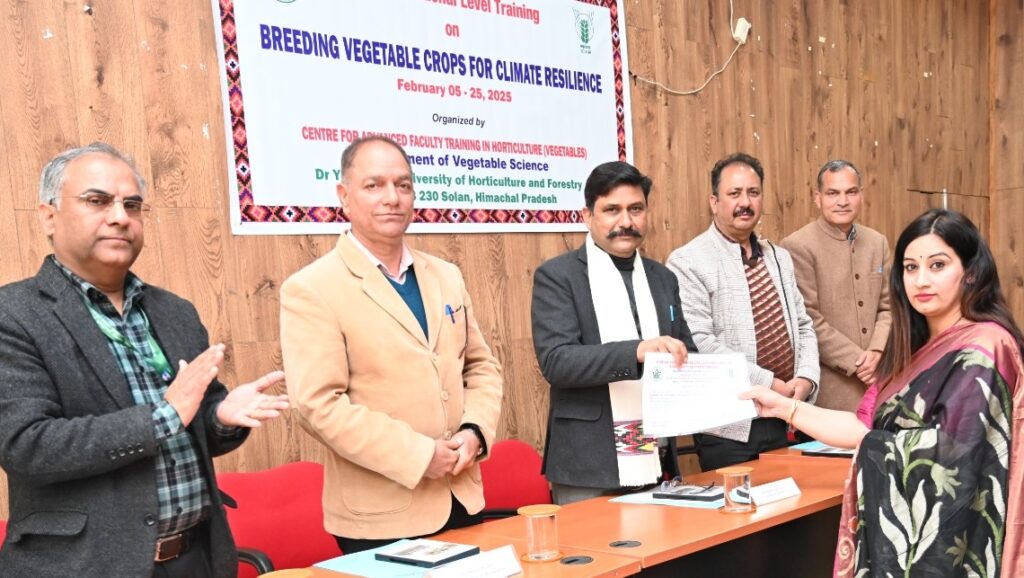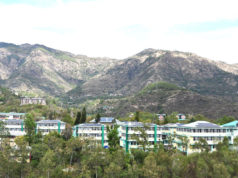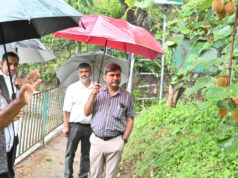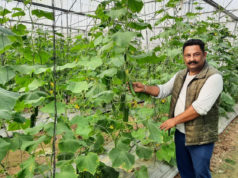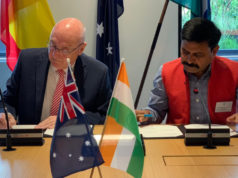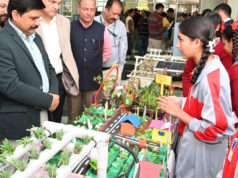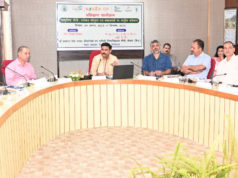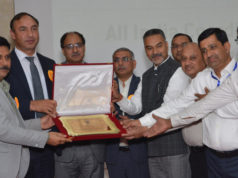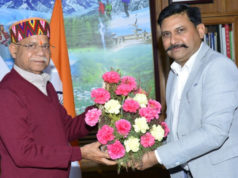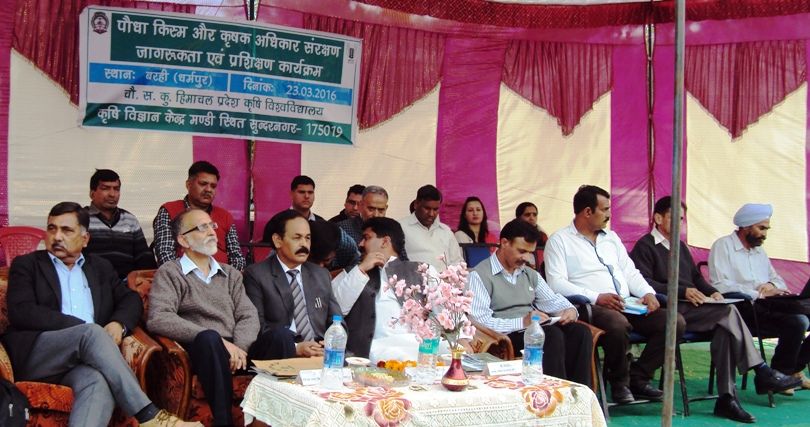Solan: The growing challenges of farming in dryland and water-stressed conditions require urgent attention as climate change continues to impact agriculture. With declining groundwater levels and erratic rainfall patterns, experts stress the need for sustainable practices and climate-resilient crop varieties to secure the future of food production.
Vice Chancellor of Dr. YS Parmar University of Horticulture and Forestry, Nauni, Prof. Rajeshwar Singh Chandel emphasized this need while addressing the valedictory session of a 21-day advanced training program on breeding vegetable crops for climate resilience. He highlighted water as an increasingly scarce resource and urged scientists to focus on developing drought-tolerant vegetable varieties. He also stressed the importance of curbing excessive water use in regions with good irrigation facilities and integrating natural farming techniques with conventional breeding methods.
The training program, organized by the Centre for Advanced Faculty Training (CAFT) in Horticulture (Vegetables) under the Department of Vegetable Science, saw participation from fifteen scientists representing six states—Haryana, Rajasthan, Karnataka, Uttar Pradesh, Gujarat, and Himachal Pradesh. The program aimed at strengthening research capacity to develop vegetable crops capable of withstanding extreme weather conditions.
Prof. Chandel called for a localized approach to agricultural research, emphasizing that scientists must consider specific agro-climatic conditions when designing their projects. He also encouraged researchers to build strong connections with farmers to ensure that scientific advancements translate into practical solutions for the agricultural community.
The three-week course featured lectures from six eminent scientists and senior faculty members, covering various aspects of vegetable production, plant protection, and climate adaptation. Dr. Happy Dev Sharma, Head of the Department of Vegetable Science and Director of CAFT, stated that since its inception in 1994, the Centre has conducted 33 training programs, benefiting over 600 scientists from across the country.
As part of the training, participants visited university research farms and laboratories, as well as leading agricultural research institutions, including the Directorate of Mushroom Research, Central Potato Research Laboratory, and the university’s Regional Research Stations at Mashobra and Krishi Vigyan Kendra Solan at Kandaghat. Experts stressed the need for accelerated crop breeding, improved farming technologies, and cost-effective greenhouse cultivation to enhance productivity and ensure food and nutritional security for India’s growing population.


